+ JMJ +
One of the learning lifestyles we've incorporated in our home is from the educational philosophy of John Holt. We've taken aspects of his philosophy that are compatible with the Magisterium of the Church and are joyfully practicing Natural Home Learning in the context of our Catholic Faith. Ah, the benefits of Catholicizing a secular, but otherwise respectful and child-centered educational philosophy ....
As I had written in my post on Eclectic Home Learning, ever since we've embraced these natural, healthier, respectful, pro-child, pro-family and pro-life learning lifestyles, we no longer experience the stress of fast-food education and rat-race schooling in our home!
John Holt (1923 - 1985)
(From the Wikipedia entry on him, which has more biography and links than you'll usually find.)
Holt was an American author and educator, one of the best known proponents of homeschooling.
Holt's Growing Without Schooling (GWS), founded in 1977, was the nation's first home education newsletter.
What is Unschooling?
In the "Homeschooling Handbook," Mary Griffith writes:
"... unschooling now generally refers to a specific style of homeschooling, in which learning is not separated from living, and children learn mainly by following their own interests. Children learn best, (Holt) argued, not by being taught, but by being a part of the world, free to explore what most interests them, by having their questions answered as they ask them, and by being treated with respect rather than condescension."
Suzie Andres, author of the book, "Homeschooling with Gentleness: A Catholic Discovers Unschooling," also writes:
"Unschooling is a form of education in which the child is trusted to be the primary agent in learning what he needs to know to lead him to happiness. The emphasis on trusting the child to be the primary agent of his education distinguishes unschooling from other methods of homeschooling. While other approaches tend to focus on the teaching done by the parent, unschooling concentrates on the learning done by the student."
Unschooling is not directed by a teacher, parent or curriculum. Parents do not set up artificial structure for their kids, but they allow their children's natural interests to provide the structure for their learning.
Catholic Unschooling
From the Catholic point of view, parents believe that everything God created is good -- including man's innate and fundamental desire to learn. Aristotle wrote, "All men by nature desire to know." From the beginning, God created human beings to learn.
In his book, "How Children Learn," John Holt wrote:
"Birds fly, fish swim, man thinks and learns. Therefore, we do not need to motivate children into learning by wheedling, bribing or bullying. We do not need to keep picking away at their minds to make sure they are learning. What we need to do, and all we need to do, is bring as much of the world as we can into the school and classroom (in our case, into their lives); give children as much help and guidance as they ask for; listen respectfully when they feel like talking; and then get out of the way. We can trust them to do the rest."
Home educator and author, Linda Dobson, also wrote:
"Birds (one of God's creatures) don’t go to flight school."
And French philosopher, Simone Weil, wrote:
“The joy of learning is as indispensable in study as breathing is in running.”
That is what God meant learning to be -- a joy for every human being. John Holt was very wise when he advised parents to trust their children. From the Catholic standpoint, we believe that man was made in God's Image and Likeness. Therefore, we can trust God's Handiwork by allowing children the freedom to learn according to their interests and strengths.
As Catholics, we also believe, however, that man is fallen and affected by original sin. Therefore, the freedom to learn must be tempered with limits -- limits in the form of morals and the teachings of the Church. Maria Montessori, educator and devout Catholic, recognized the need to achieve a fine balance between these 2 realities, and so she coined the phrase, "freedom within limits." Catholic Unschooling, therefore, is based on:
1. The parents' trust in God's Work and, for this reason, in their children, because of the natural desire to learn that God placed in them.
2. The parents' trust in themselves and in their God-given role as the primary educators of their children, especially since they know their children best and consequently, are the ones most capable to guide -- more than teach -- their children in finding their path to happiness and ultimate union with God.
3. The parents' trust in God's Loving Care and the inspirations of the Holy Spirit to lead the way in their children's education and in family life.
Traditional schooling and other homeschooling methods that spoonfeed the child and only see his mind as a bucket to be filled, not a fire to be kindled (Plutarch), do not trust the child (God's Handiwork) to be the primary agent of his education because of fear and anxiety. These methods, along with traditional parenting, were developed as a result of fear and a profound lack of respect for the child. Though well-intentioned, they are ultimately damaging, since they are not based on love and serve only to bruise a child's spirit and kill his natural love of learning.
We would do well to remember what Jesus said: "Fear is useless; what is needed is trust!" (Luke 8:50, Mark 5:36) Catholic Unschooling gives parents and children daily opportunities to trust in God's Providence and Love, and to focus on their relationship with God and family because that is what matters most in life.
Jesus, I trust in You!
... below. Thanks!









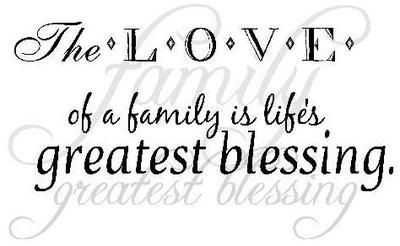



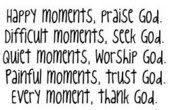





















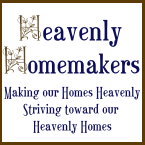




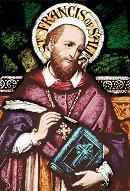




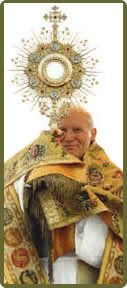






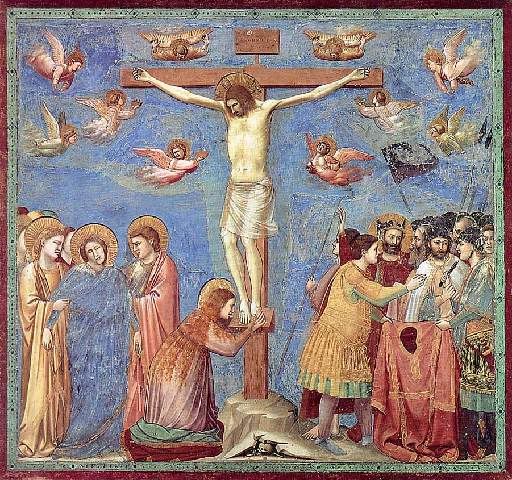
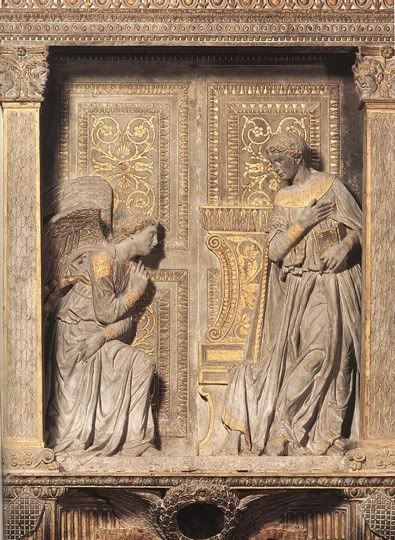
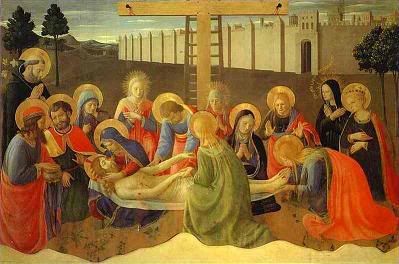
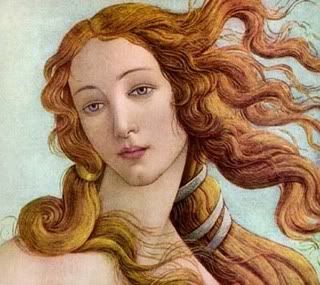
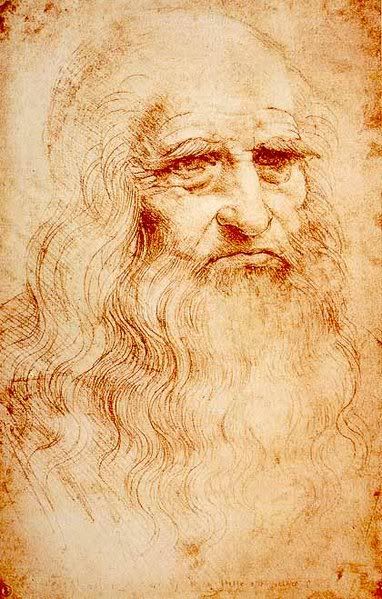
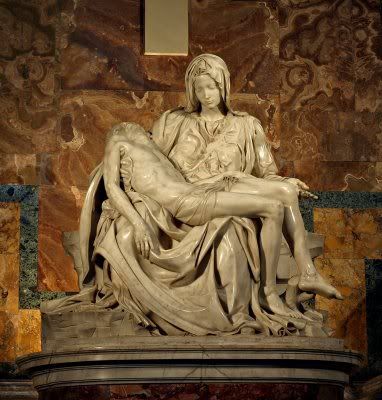

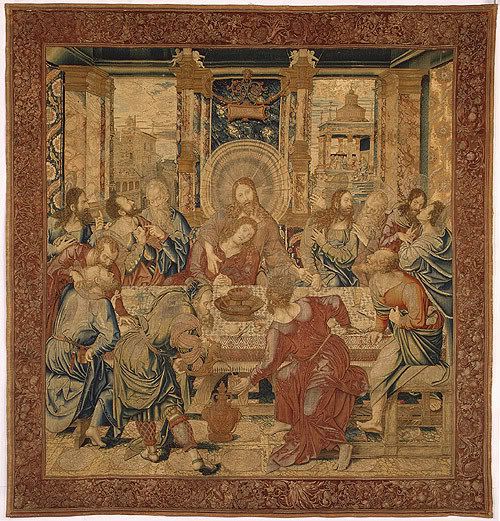
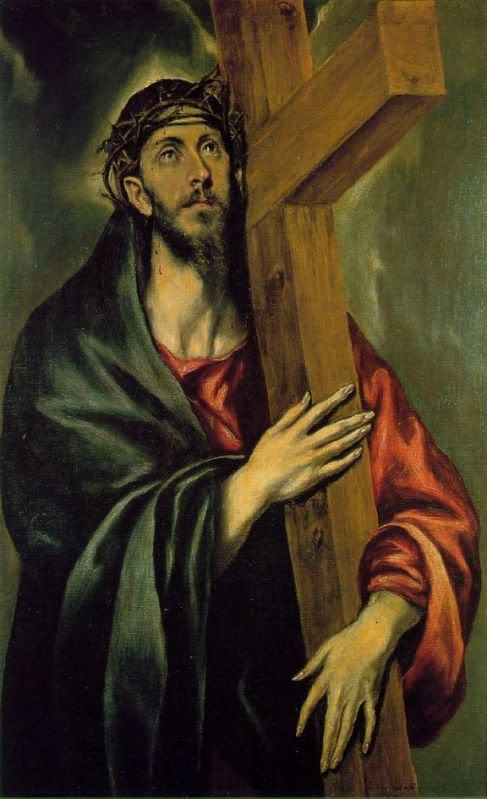


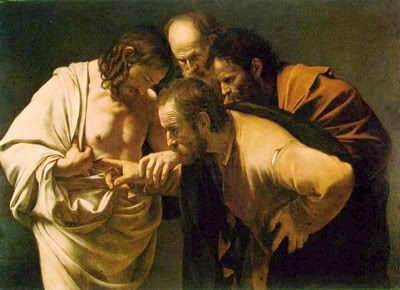
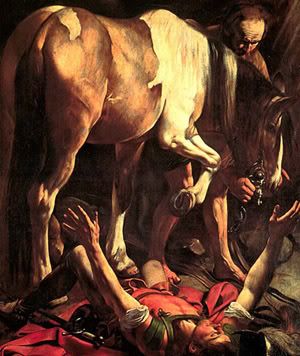
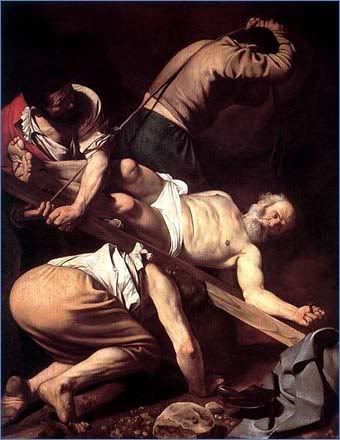
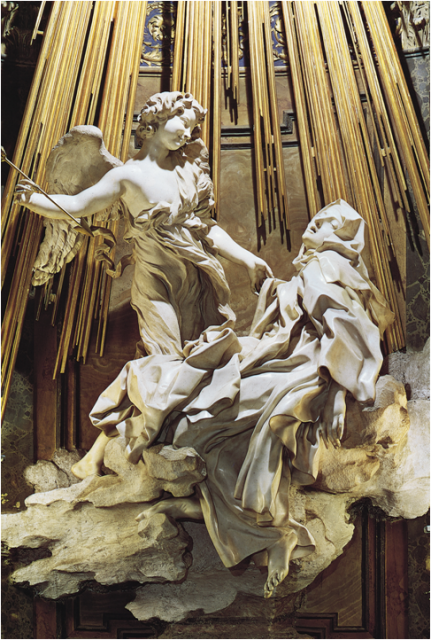
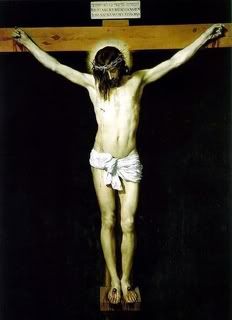




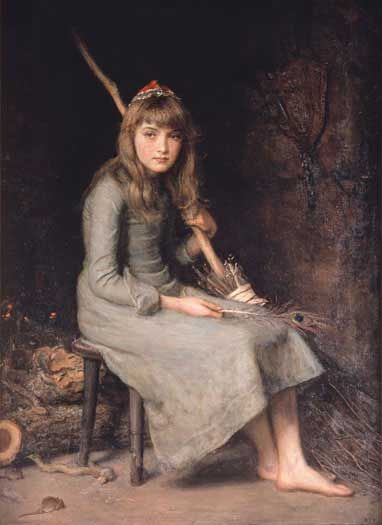
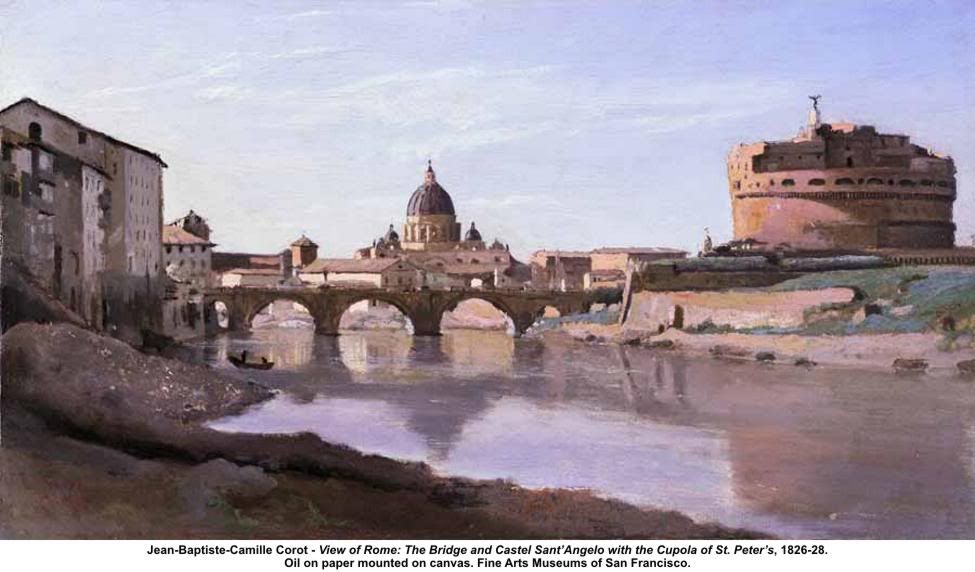

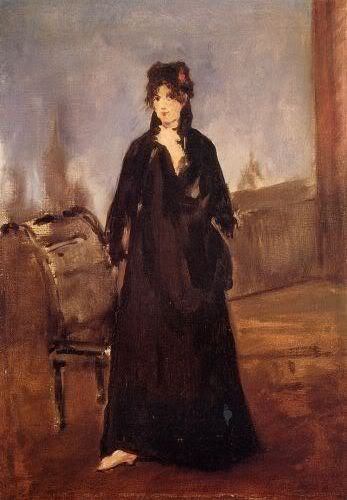
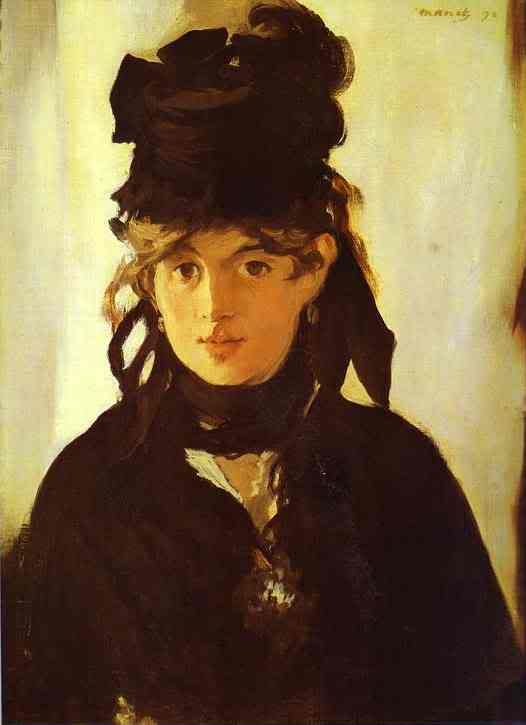
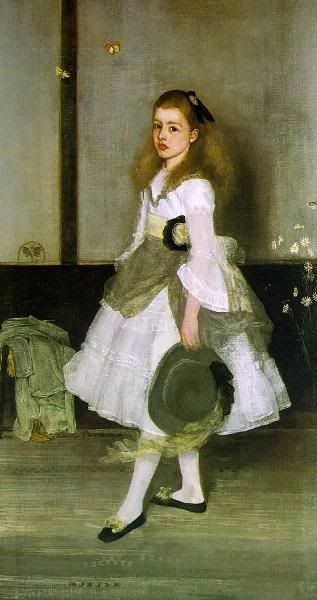
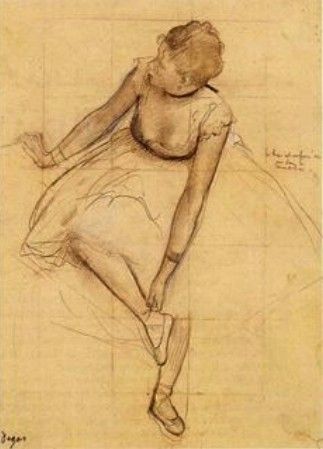
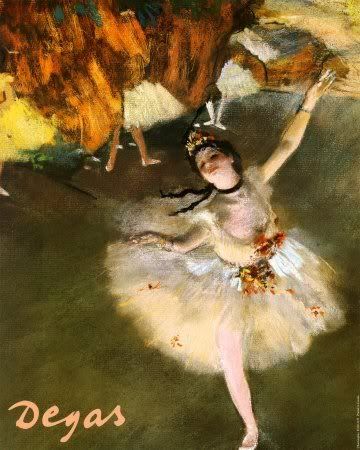
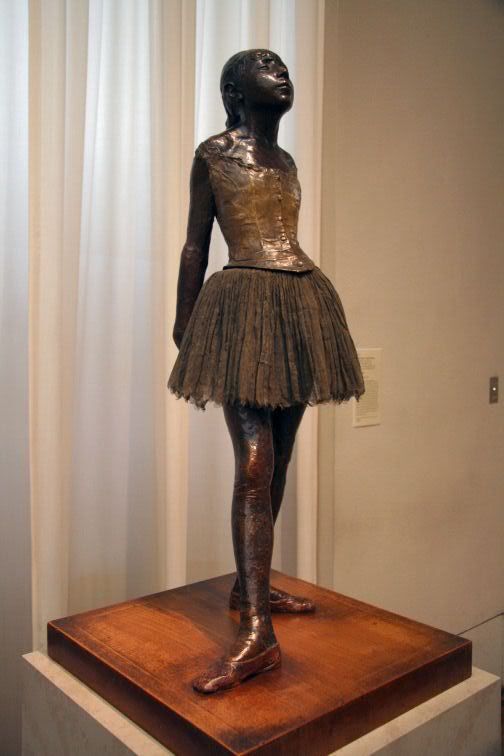
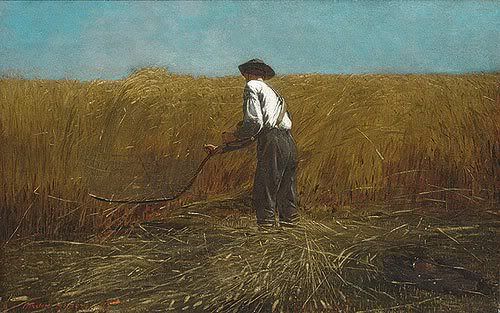
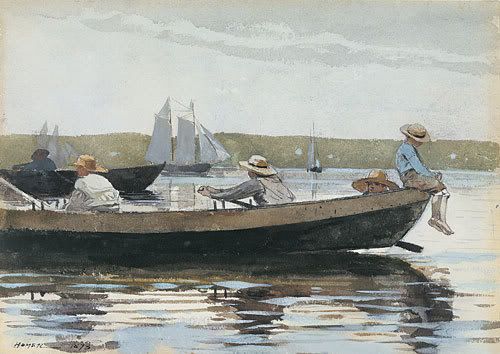
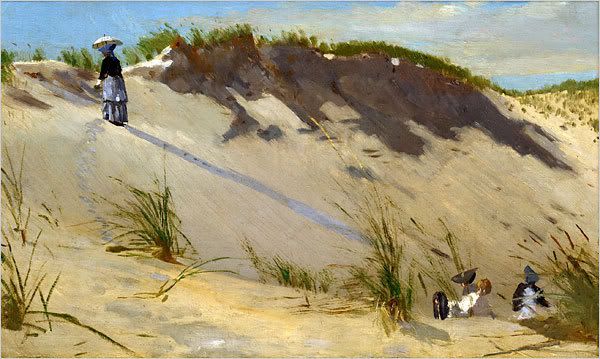
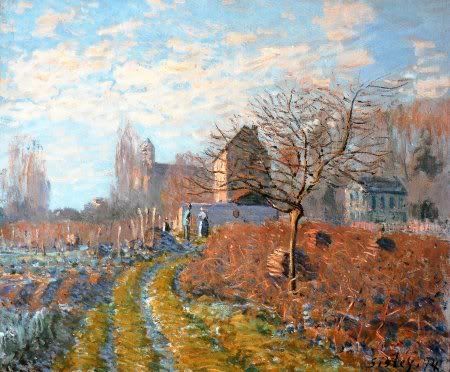

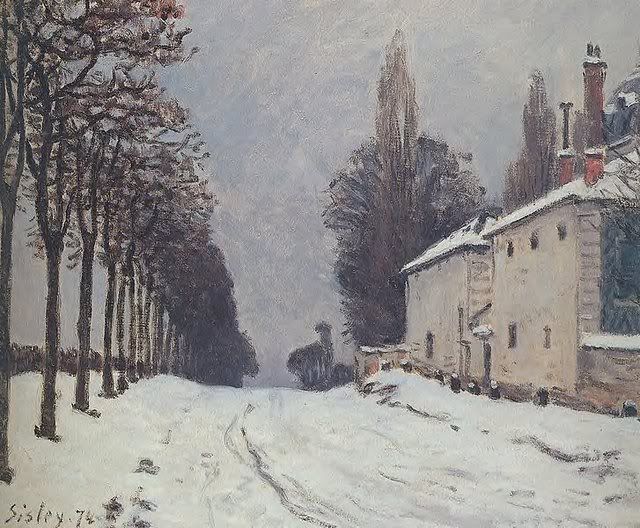
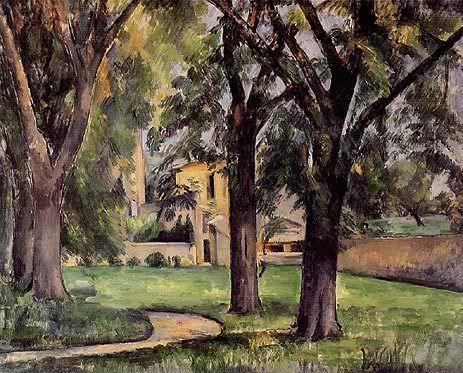

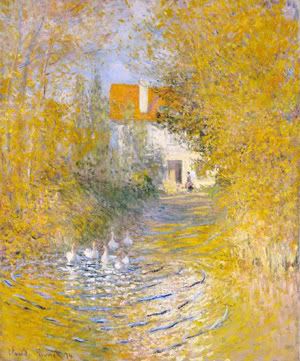
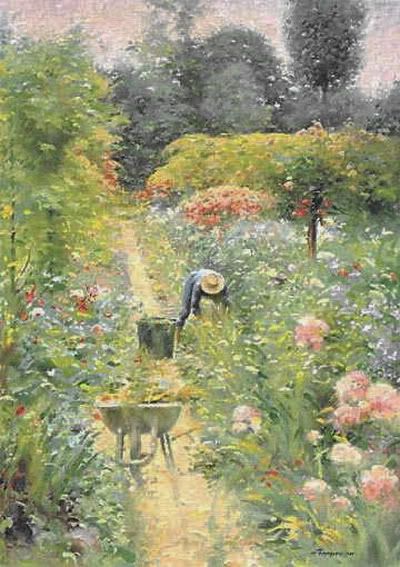
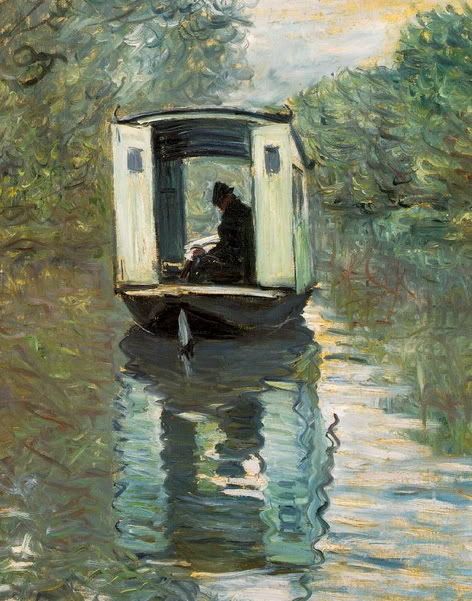
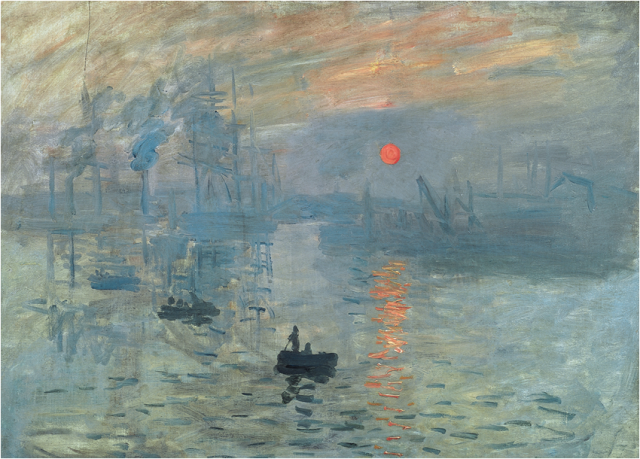
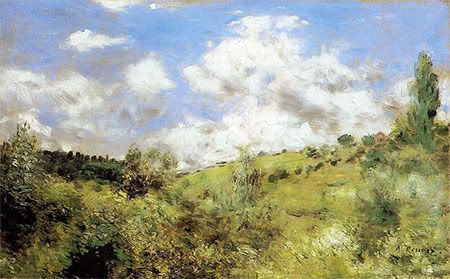
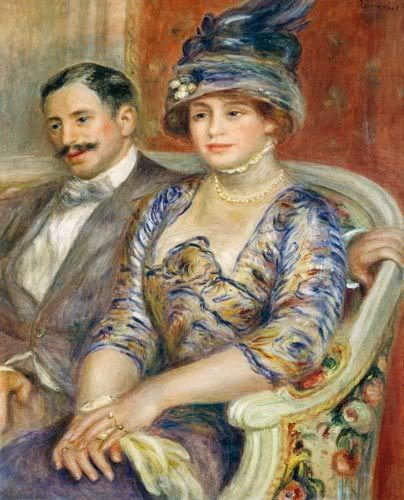
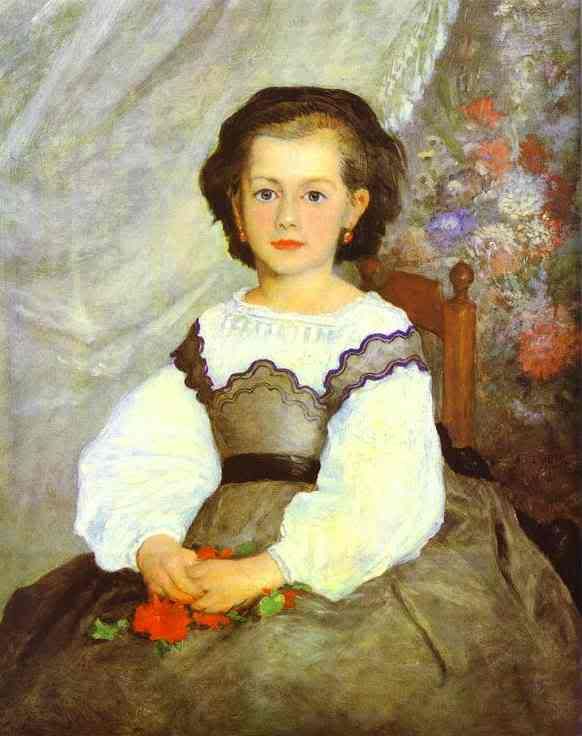
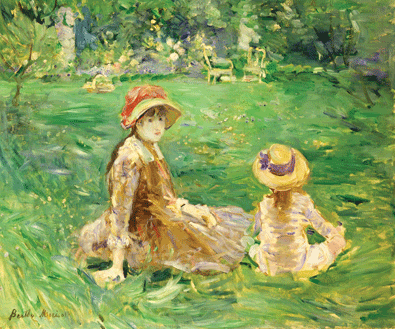
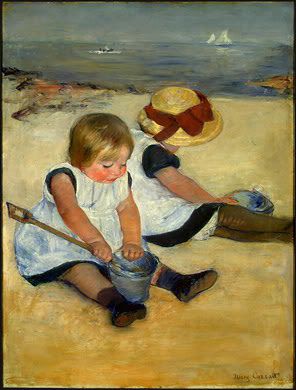
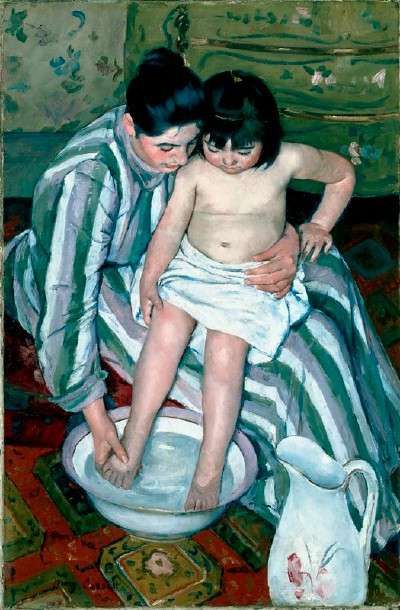
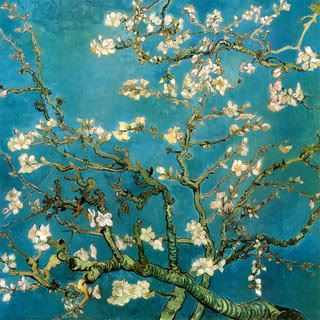
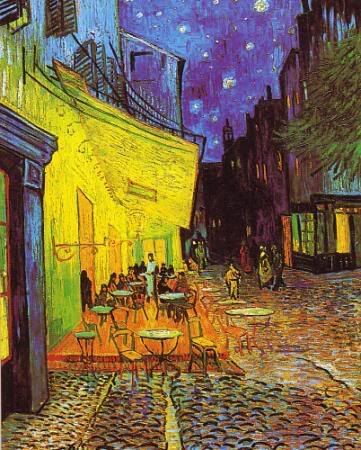


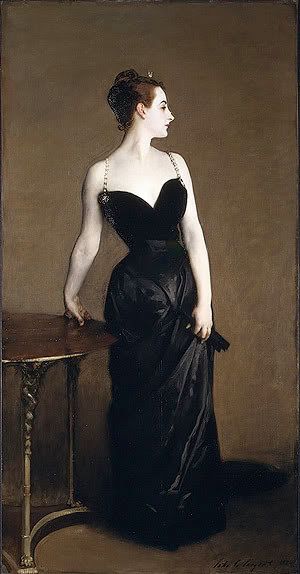

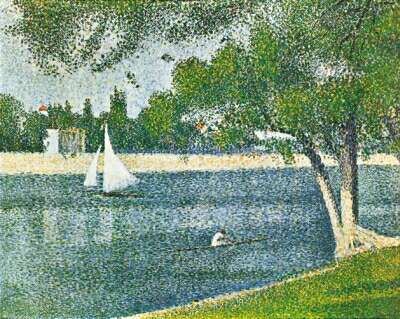
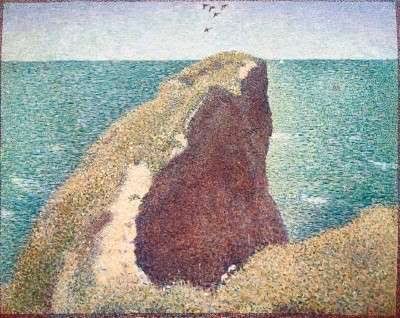


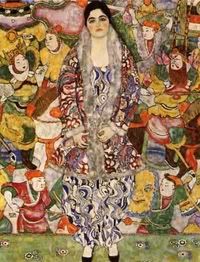

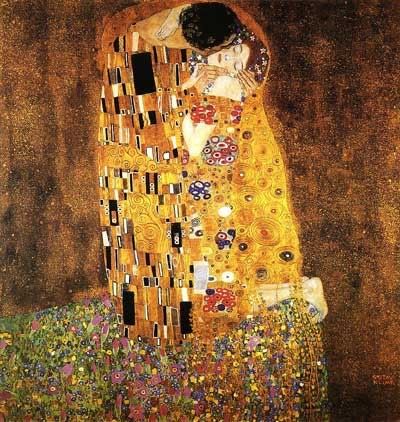

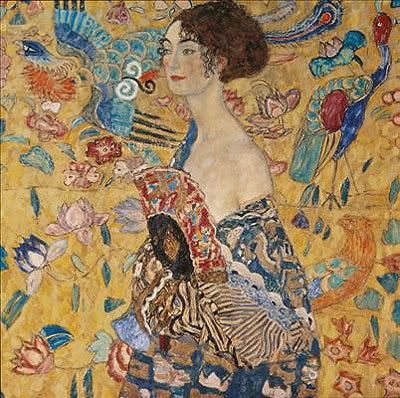
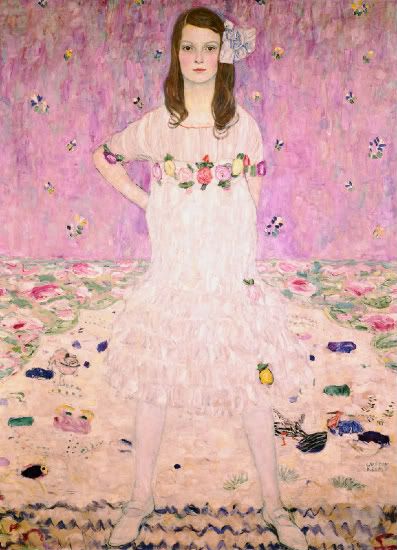

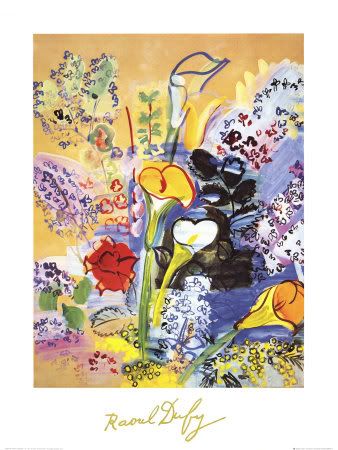
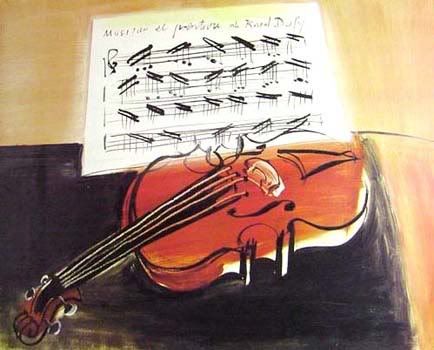
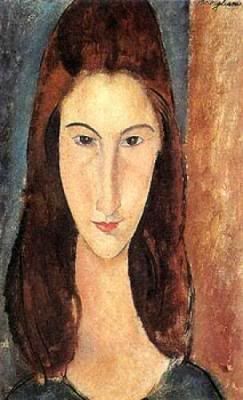



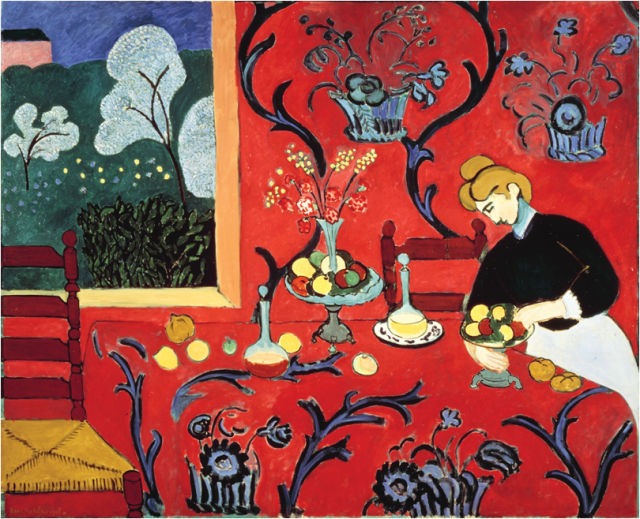

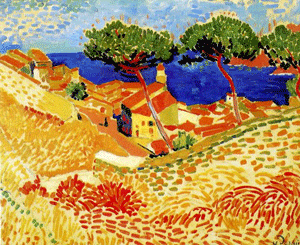
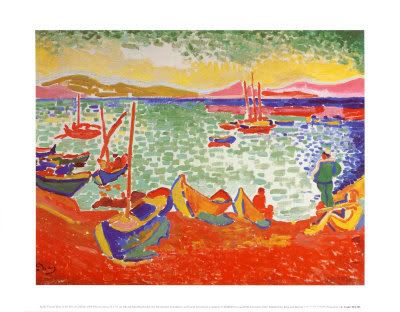


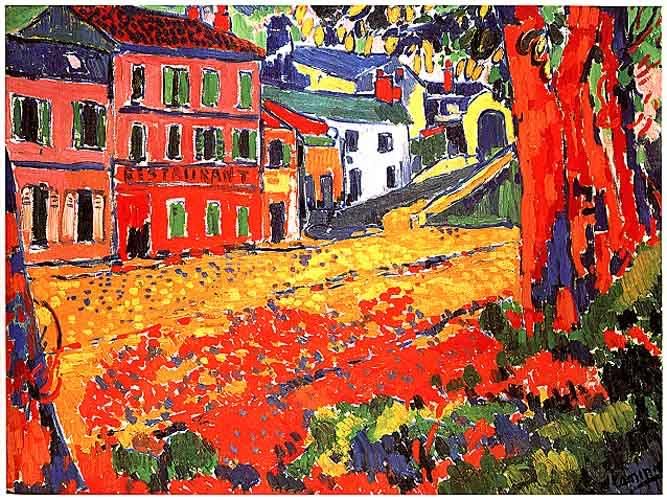
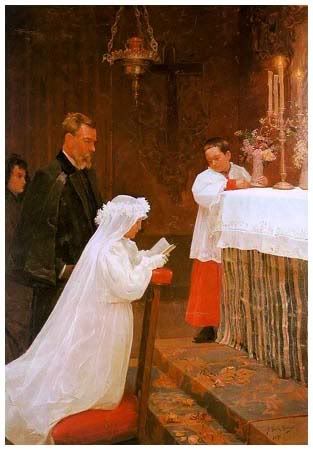
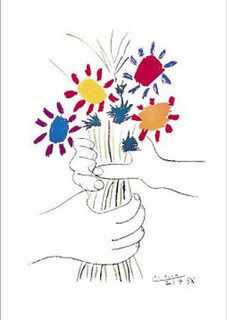

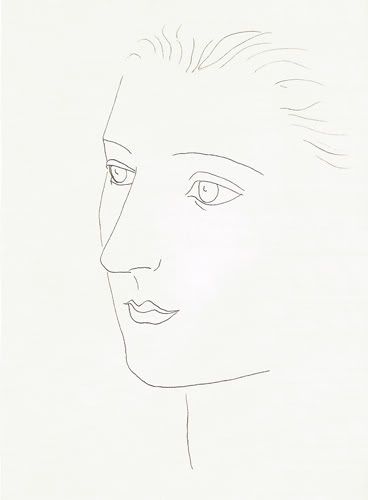

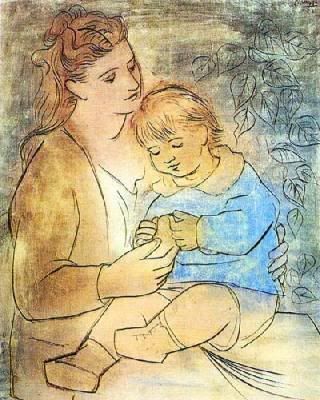

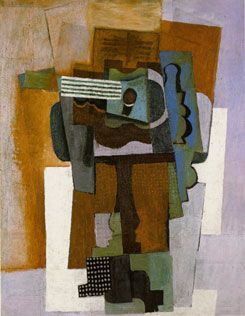
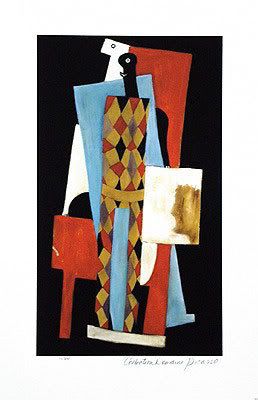



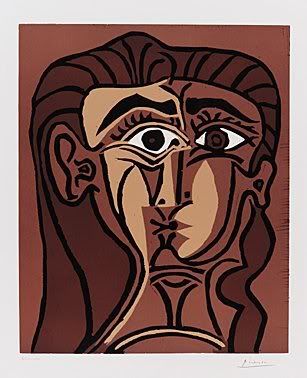
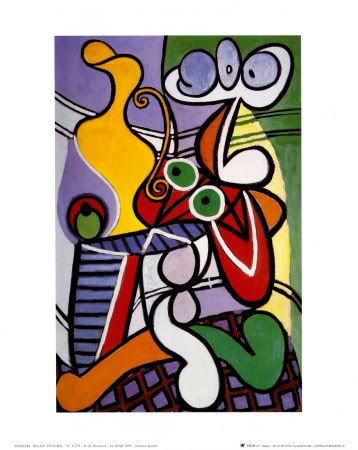


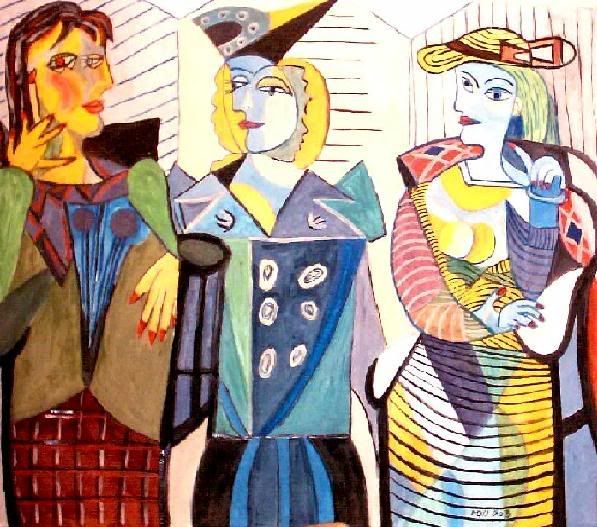

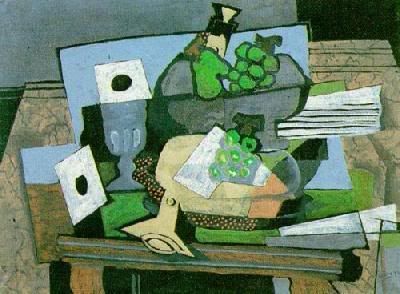


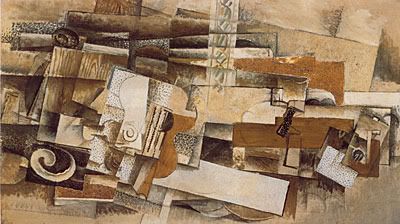
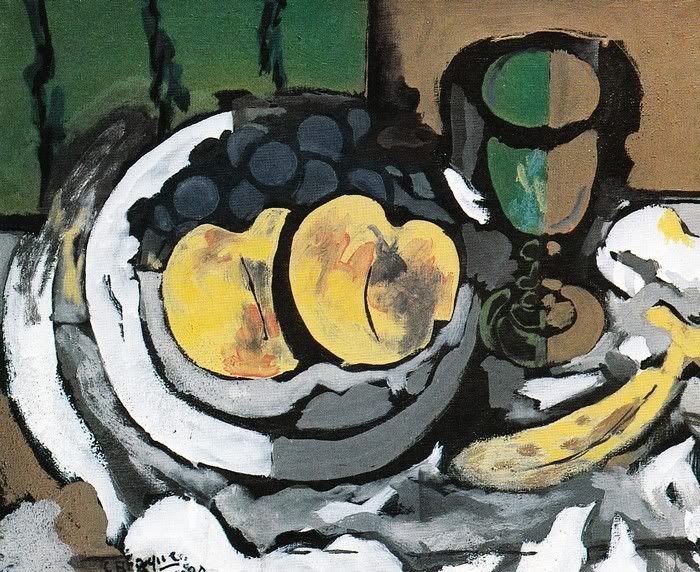
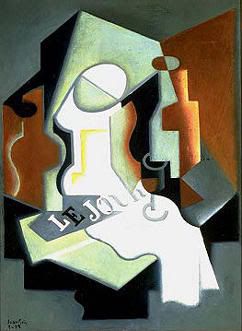



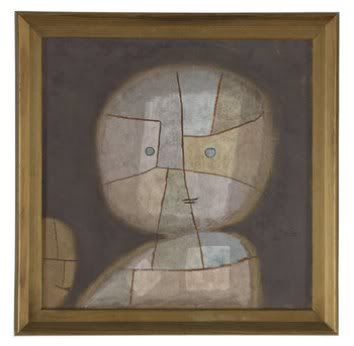
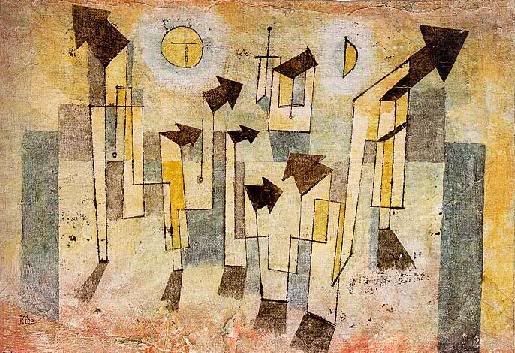


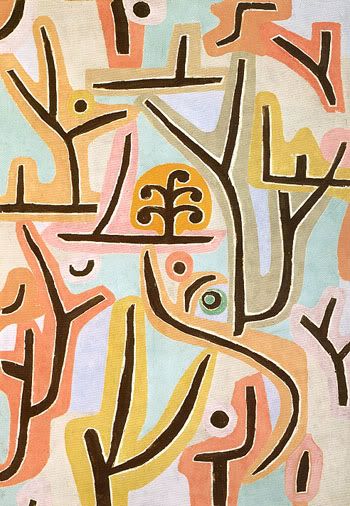
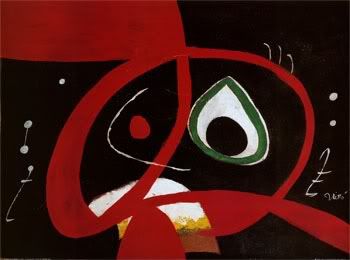
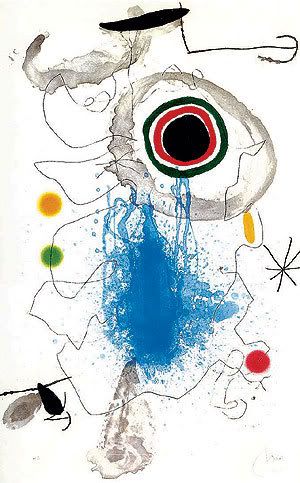
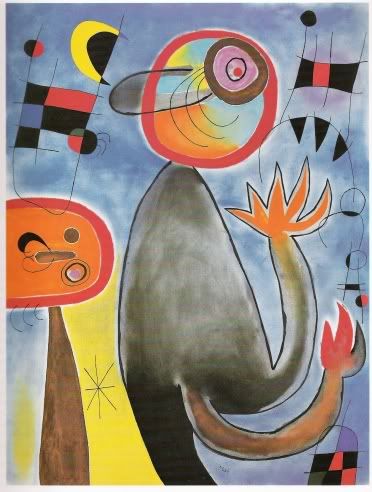
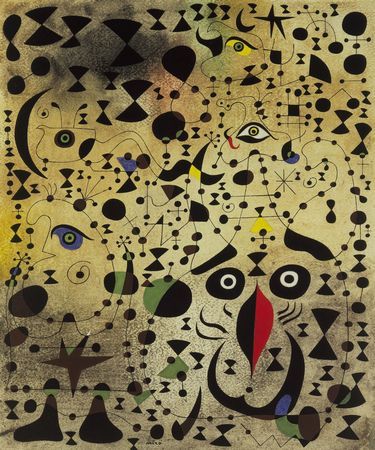
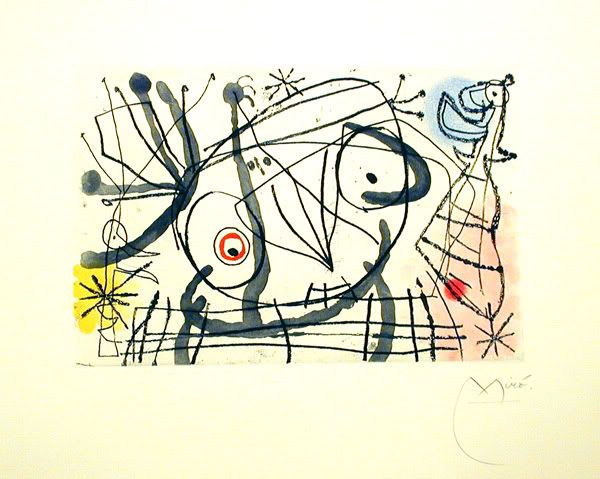





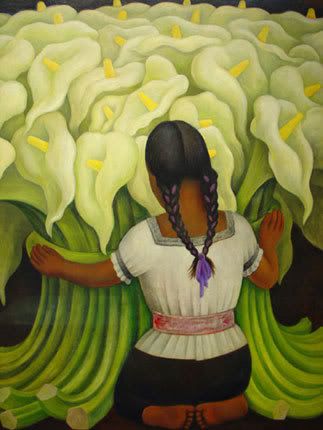


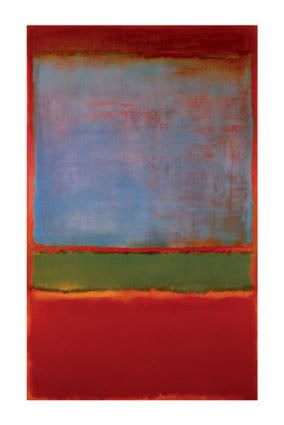
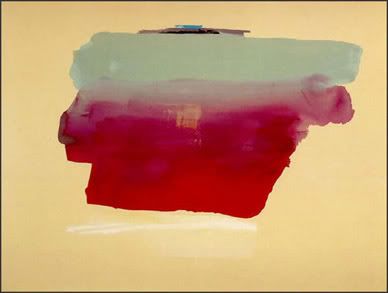

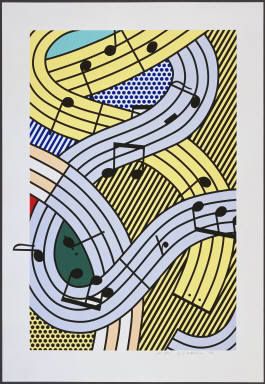

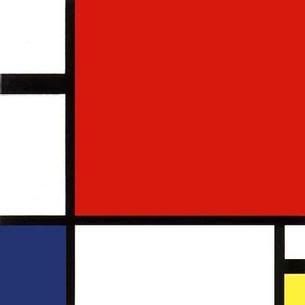
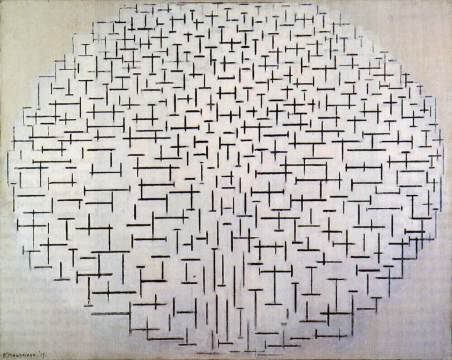
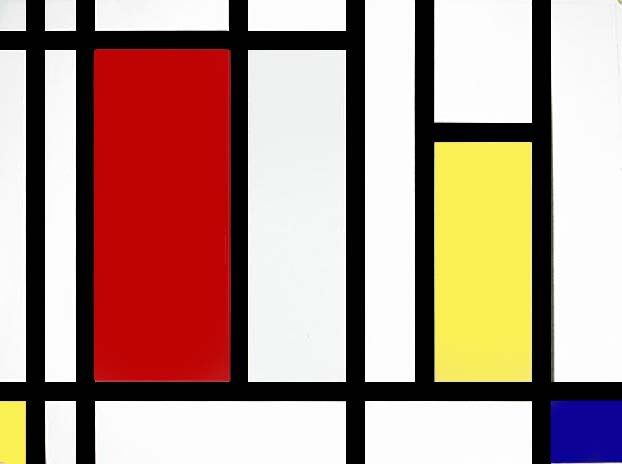
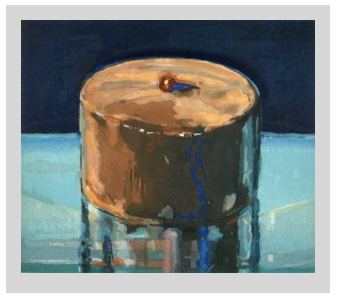





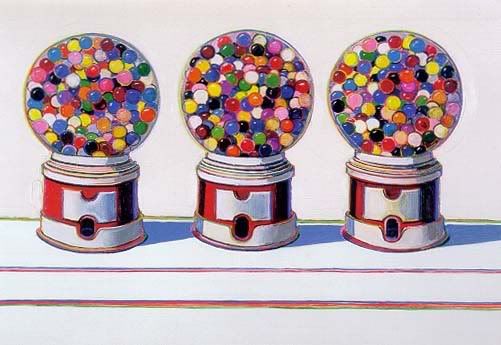
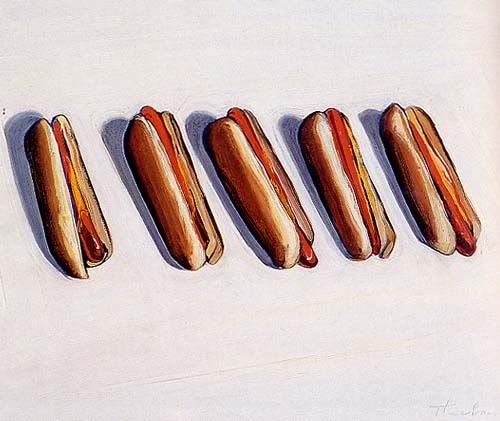


2 comments:
Wonderful Shelley! I love it! My only comment is that teaching in and of itself is not a bad thing. Jesus himself was a teacher and addressed as such by his disciples. The difference is that people were free to choose whether to be taught by Jesus. They could come and go as they pleased. If they chose to stay they would willingly be taught. If they didn't like what he said, they were free to leave. So I think teaching is a noble thing, if the person being taught wants to learn what that teacher has to offer!
Therefore, I think a parent can actually teach, not just guide a child, if the child is open to that teaching.
Thanks for your comment, Faith! I really appreciate it. I agree with you that people should be free to choose whether to avail of someone's teaching or not. The teaching itself is not bad. Thanks for clarifying! What's important is giving the child a choice and respecting his decision. It makes all the difference in the world if the child chooses to be open to that teaching. In this way, the work of the teacher becomes a noble thing. Thanks for your input!
Post a Comment